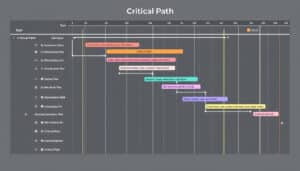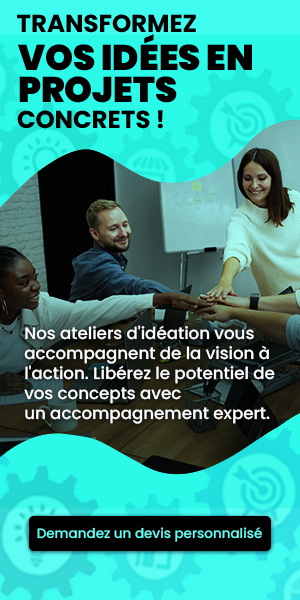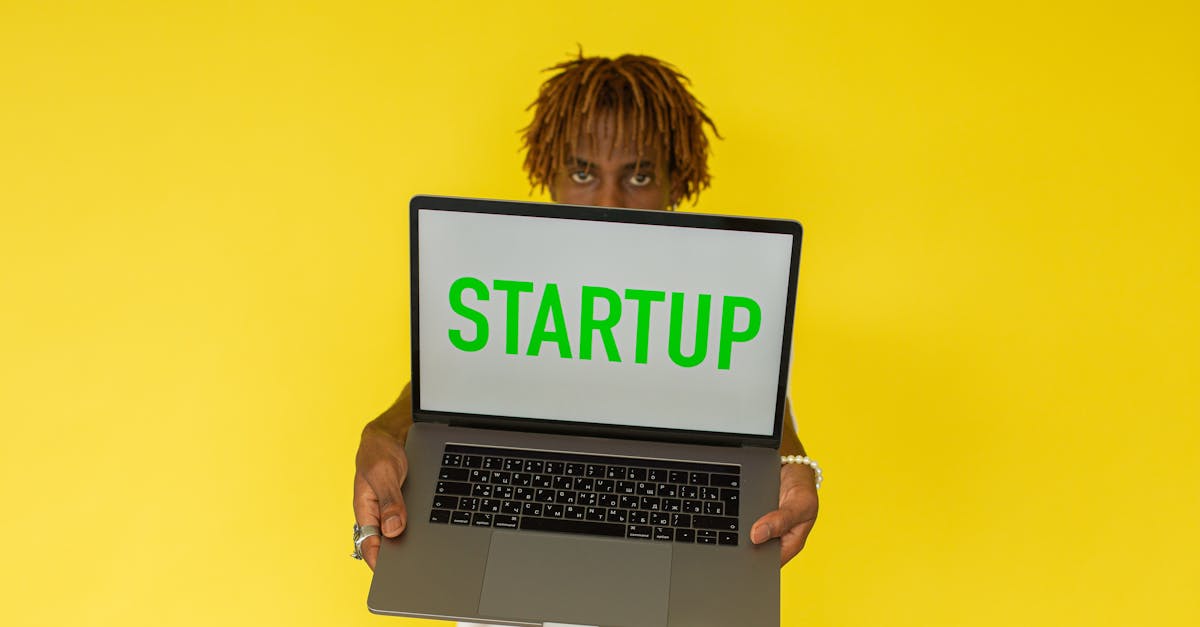Meditation asserts itself as a true ally for creative minds, offering a multitude of benefits conducive to innovation. By immersing ourselves in this state of mindfulness, we have the opportunity to unlock our creative potential, to calm our cluttered minds, and to pave the way for deeper reflection. Through various meditative techniques, it becomes possible to improve our concentration, access our intuition, and explore original ideas while fostering a stable emotional climate, essential to the creative process.
🔥 Nous recommandons Ideamap
Ideamap est l’outil idéal pour un brainstorming ou un projet collaboratif. Grâce son interface facile et à ses fonctions IA, Ideamap booste votre créativité tout en favorisant une meilleure organisation de vos idées pour atteindre vos objectifs.
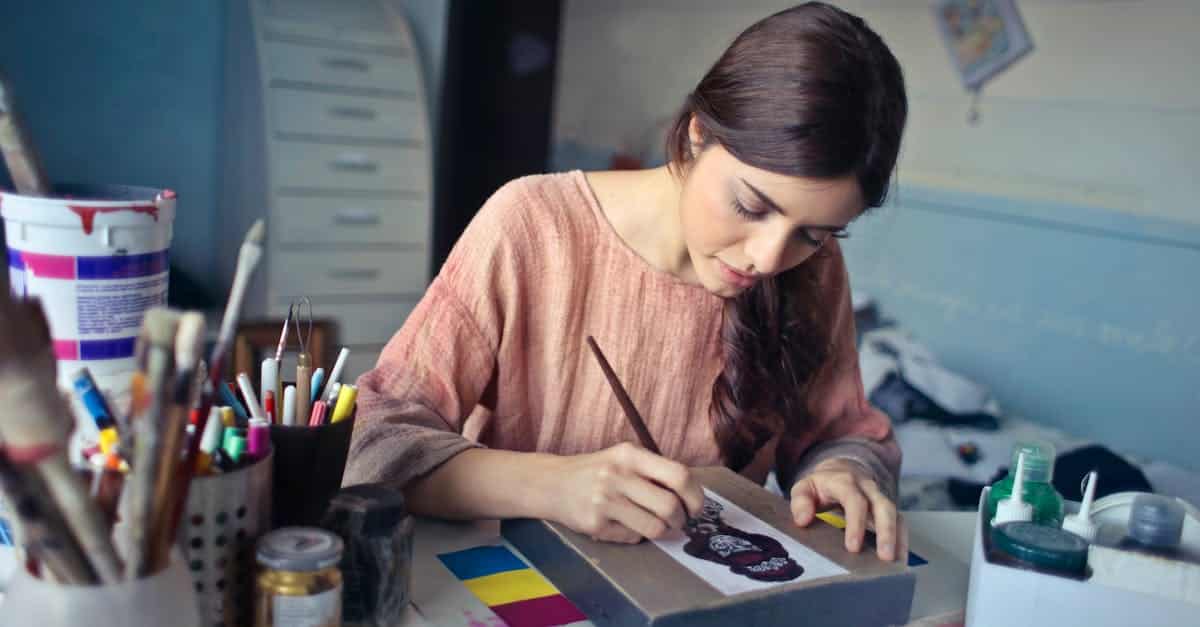
The practice of meditation has gained popularity in recent years, not only as a means of relaxation but also as a powerful tool to enhance creativity. Indeed, meditation can offer considerable benefits in the creative process, allowing individuals to unlock their creative potential and generate innovative ideas.
One of the primary advantages of meditation is its ability to promote mental clarity. By practicing meditation, individuals learn to declutter their minds from unnecessary thoughts, thus creating an environment conducive to the emergence of new ideas. This occurs through focused attention on the breath, a mantra, or even just on the immediate surroundings, allowing the brain to relax and open up to new perspectives and creative solutions.
Another essential aspect of meditation is that it helps improve concentration and attention. In our modern daily lives, we are constantly bombarded with information and distractions, which can hinder our ability to focus on creative tasks. Meditation, by cultivating mindfulness, strengthens the capacity for focus, enabling individuals to sustain attention for longer on their creative projects, thereby consolidating their creative process.
Moreover, meditation plays a crucial role in emotional management. Emotions, whether positive or negative, can significantly influence the creative process. By developing an increased awareness of one’s emotions and learning to manage them through meditative techniques, it is possible to welcome emotions without them hindering creativity. This emotional regulation allows for feelings like frustration or anxiety to be used as fuel for creativity rather than as obstacles.
Divergent thinking is another dimension where meditation can provide considerable benefits. This form of thinking, which involves generating multiple ideas and solutions around the same problem, can be stimulated by meditation. It allows the brain to relax and escape traditional thought patterns, facilitating the emergence of innovative and unexpected ideas.
Furthermore, meditation also allows for better access to the subconscious. By delving into a deep meditative state, it becomes possible to explore thoughts, memories, and inspirations that often remain hidden in the depths of the mind. This access to the unconscious can unlock essential creative resources and generate original ideas, while fostering a deeper connection with oneself.
Finally, it is worth noting that the regular practice of meditation promotes increased brain plasticity. Studies have shown that meditation can strengthen neural connections and increase the thickness of the prefrontal cortex, a region of the brain associated with critical thinking and decision-making. This improvement in cognitive abilities is beneficial for the creative process, as it allows for better problem-solving and generativity of new ideas.
In summary, meditation brings a multitude of benefits to the creative process, ranging from mental clarity to emotional regulation. By integrating meditative techniques into one’s daily routine, anyone can unlock their creative potential and explore new avenues of expression and innovation.
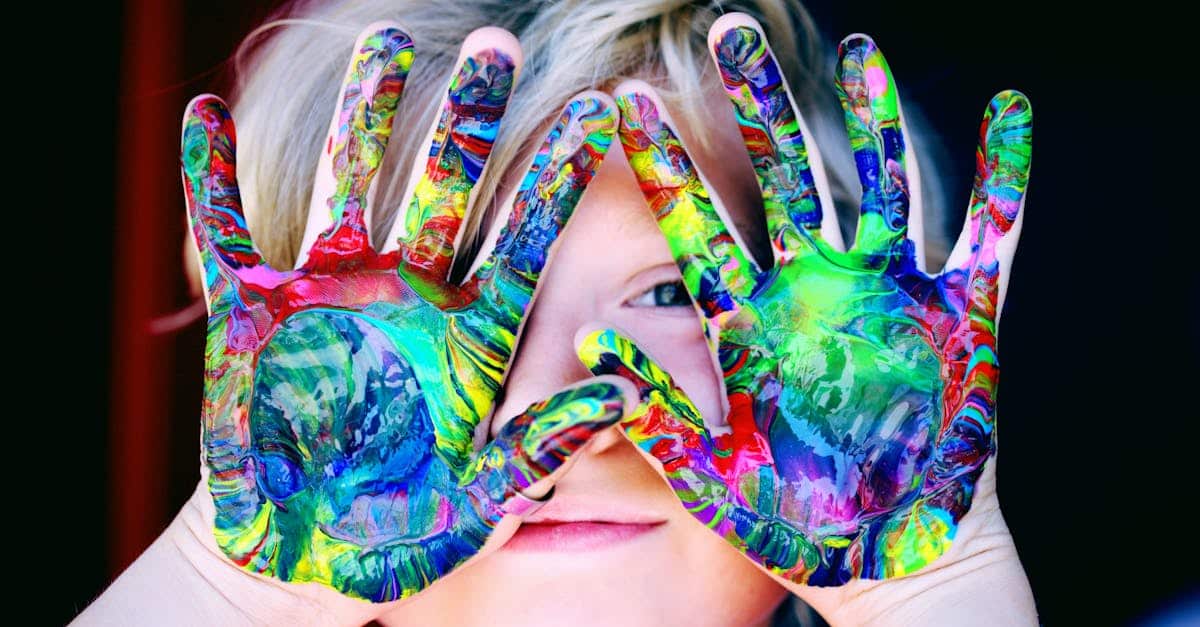
“`html
FAQ on the benefits of meditation in the creative process
Q : What are the main benefits of meditation for creativity?
A : Meditation promotes mental clarity, improves concentration, regulates emotions, and strengthens the connection with oneself, which contributes to increased creativity.
Q : How does meditation help reduce mental stress?
A : By calming the mind and regulating the areas of the brain related to emotions, meditation helps overcome stress, freeing mental space for creative ideas.
Q : What meditation techniques are recommended to stimulate creativity?
A : Techniques such as mindfulness meditation, creative visualization, and breathing meditation are particularly effective for encouraging creativity.
Q : Does meditation impact the ability to solve creative problems?
A : Yes, studies show that meditation improves cognitive flexibility and helps generate innovative solutions when facing creative challenges.
Q : What is the importance of intuition in the creative process linked to meditation?
A : Meditation helps strengthen intuition, which is essential for making creative decisions and exploring new avenues.
Q : How often should I meditate to see benefits on my creativity?
A : A regular practice, even just a few minutes a day, can significantly enhance your creative potential.
Q : What forms of meditation are most beneficial for creators?
A : Transcendental meditation, Vipassana, and guided meditation are all practices that can help unlock your creativity.
Q : How can I incorporate meditation into my daily routine?
A : You can choose guided sessions, set a specific time in your day to meditate, and experiment with different techniques to see what works best for you.







